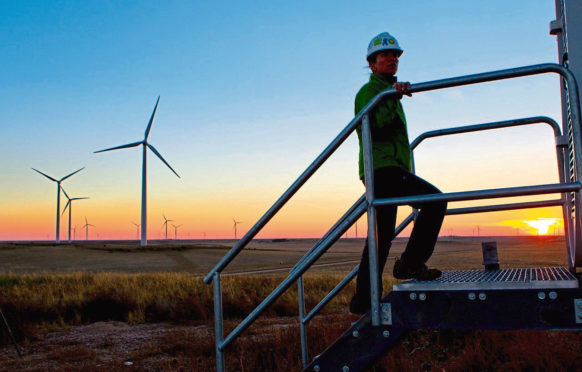BP boss Bernard Looney warned the world was on an “unsustainable path” as the company launched its latest annual energy outlook yesterday.
The document itself highlights a “business-as-usual” scenario in which, assuming government policies, technologies and consumer choice continue to evolve in a manner and speed seen in the recent past, carbon emissions in 2050 would be less than 10% below 2018 levels.
But this is only one of three hypothetical pathways explored as BP tries to map out how the global energy system will evolve over the next 30 years,
BP, which recently unveiled its blueprint for transforming itself from a predominantly oil and gas business into an integrated energy company, stressed its scenarios were “not predictions of what is likely to happen or what BP would like to happen”.
It added: “The uncertainty is substantial and the scenarios do not provide a comprehensive description of all possible outcomes.”
The major intends to eradicate emissions from its own operations by 2050, at the latest, while also tackling the far larger carbon footprint left by the use of its products by customers.
Mr Looney, who took over as BP’s chief executive from Bob Dudley earlier this year, was optimistic about the chances of a successful wider industry transition.
He added: This year the Outlook reaches out a decade further than before, to 2050 – the year by which we intend to deliver our net zero ambition.
“Even as the pandemic has dramatically reduced global carbon emissions, the world remains on an unsustainable path.
“However, the analysis in the Outlook shows that, with decisive policy measures and more low carbon choices from both companies and consumers, the energy transition still can be delivered.”
Mr Looney, who was managing director of BP’s North Sea business, based in Aberdeen, from 2009-10, said he remained optimistic about the future and hoped people reading the Energy Outlook would find it helpful “as we all try to make a difference”.
